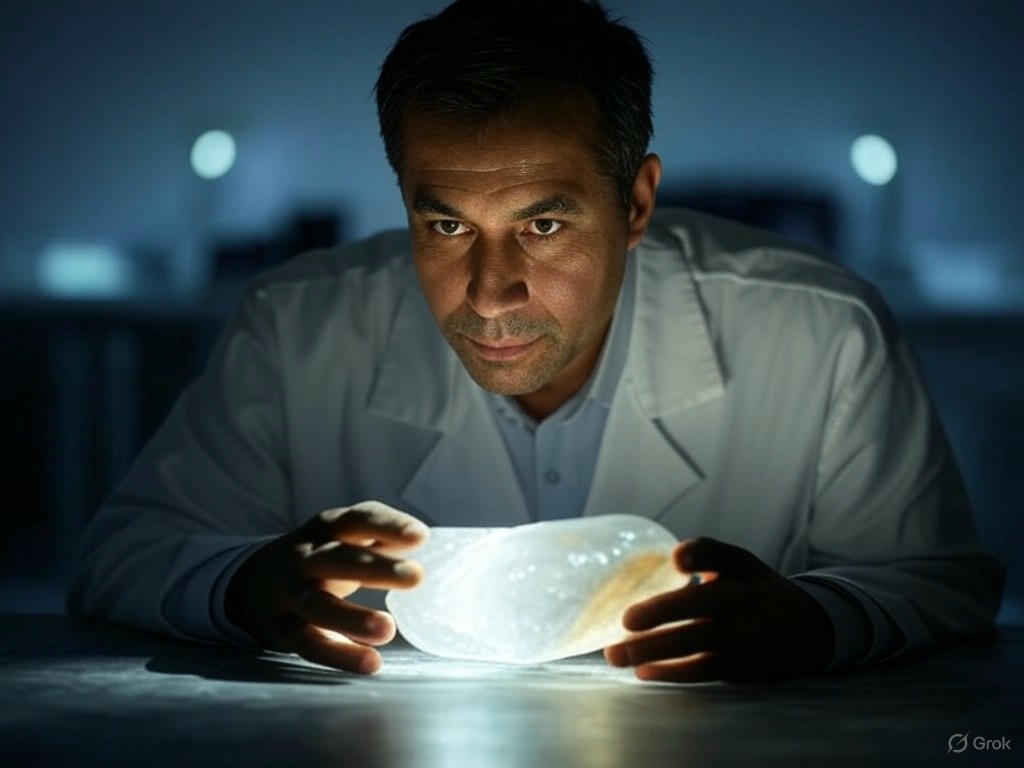Unraveling the Universe: A Bold New Theory of Growing Complexity
The universe is a vast, intricate puzzle, and scientists are constantly seeking new ways to understand its underlying rules. A groundbreaking idea has emerged, suggesting that complexity—long thought to be a hallmark of life—may be a fundamental force shaping not just organisms but the inanimate world as well. This theory, proposed by a team of interdisciplinary researchers, posits that complexity naturally increases over time across all systems, challenging traditional views of evolution, time, and the very fabric of existence. If proven, this concept could redefine how we perceive the cosmos and our place within it.
At its core, this hypothesis argues that the universe is wired to become more intricate as time progresses. In biological systems, we see this through the evolution of simple single-celled organisms into complex beings like humans, with intricate systems of organs and behaviors. However, the new theory extends this idea beyond life, suggesting that even nonliving structures—like planetary systems, mineral formations, and cosmic networks—follow a similar trajectory. For instance, the formation of stars from basic hydrogen clouds or the intricate patterns of galactic clusters could be seen as evidence of this universal drive toward complexity. This perspective flips the script on traditional physics, which often emphasizes entropy, or the tendency toward disorder, as a dominant force. Instead, this theory proposes that complexity and order might be inevitable outcomes of time’s arrow.
The implications of this idea are staggering. If complexity is indeed a universal law, it could reshape fields ranging from cosmology to chemistry. Researchers are already exploring how this principle might explain phenomena like the intricate structures of snowflakes or the unexpected organization of particles in quantum systems. Moreover, it raises profound questions about the nature of time itself. Is time merely a measure of change, or is it inherently tied to the growth of complexity? Some scientists speculate that this could lead to new models of the universe’s history, suggesting that the Big Bang was just the starting point of an ever-complicating cosmic story. While the theory is still in its infancy, early experiments and simulations are underway to test whether complexity does, in fact, consistently increase in isolated systems.
As this bold idea gains traction, it invites both excitement and skepticism. Critics argue that complexity is subjective and difficult to measure universally, while supporters believe it could unlock answers to long-standing mysteries, such as why life emerged at all. Whether this theory withstands the rigors of scientific scrutiny or not, it has already sparked a vital conversation about the nature of reality. The universe, it seems, might be far more dynamic and purposeful than we ever imagined, weaving a tapestry of ever-growing intricacy with every passing moment. As research continues, humanity stands on the brink of potentially rewriting the laws that govern everything, from the smallest atom to the farthest galaxy.


